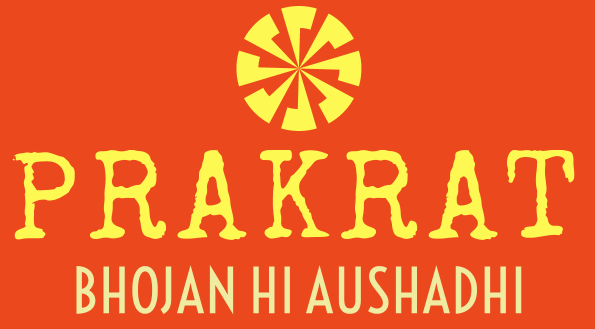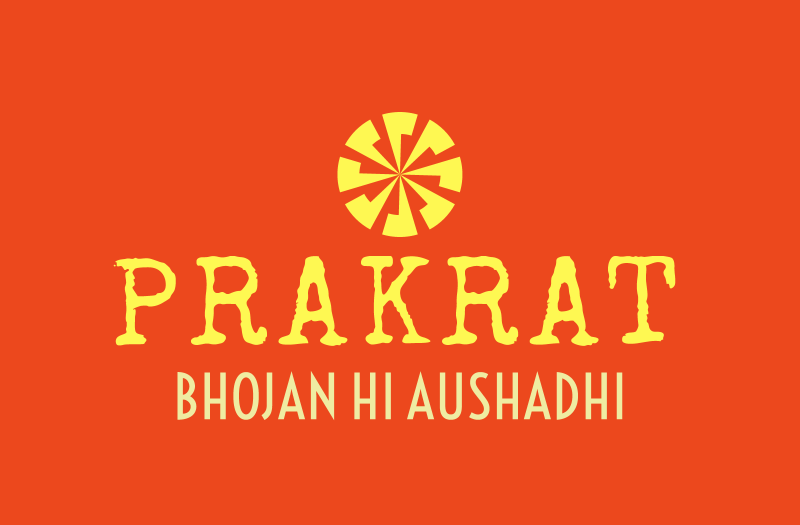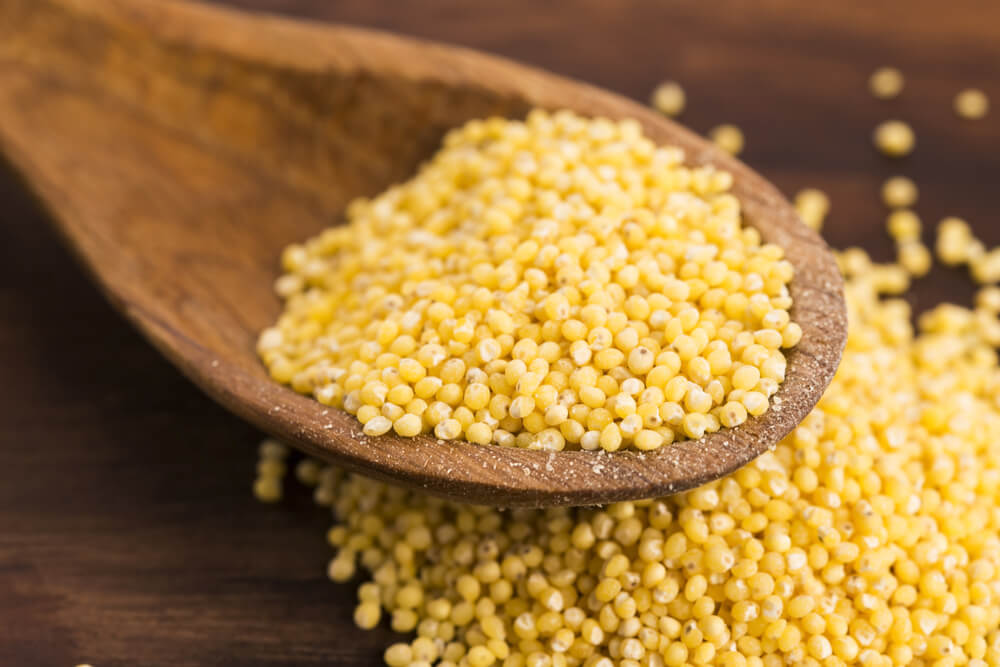Welcome to a journey into the world of organic millet, a versatile and nutritious grain that's gaining popularity among health-conscious individuals and culinary enthusiasts alike. In this comprehensive guide, we'll explore the wonders of organic millet, from its rich nutritional profile to its culinary potential and environmental benefits. Get ready to elevate your grocery game and discover why organic millet deserves a prime spot in your pantry.
Understanding Organic Millet
Organic millet, often referred to as the "forgotten grain," has been a staple food in many cultures for centuries. It belongs to the Poaceae family and is highly adaptable to various climates, making it a resilient crop with minimal environmental impact. Millet comes in several varieties, including pearl, finger, foxtail, and proso millet, each with its unique texture and flavor profile.
Nutritional Powerhouse
Despite its small size, organic millet packs a nutritional punch. It's rich in essential nutrients like magnesium, phosphorus, manganese, and iron, which are crucial for maintaining bone health, energy production, and overall vitality. Millet is also a good source of fiber, both soluble and insoluble, promoting digestive health and keeping you feeling full and satisfied for longer periods.
Health Benefits
In addition to its nutritional value, organic millet offers an array of health benefits. It's naturally gluten-free, making it an excellent alternative for individuals with gluten sensitivities or celiac disease. Millet's low glycemic index helps regulate blood sugar levels, making it a suitable option for those managing diabetes or seeking to stabilize energy levels throughout the day.
Culinary Versatility
One of the most appealing aspects of organic millet is its culinary versatility. Whether you're craving a comforting bowl of creamy millet porridge for breakfast, a hearty millet salad for lunch, or savory millet pilaf for dinner, the possibilities are endless. Millet's mild, slightly nutty flavor pairs well with a variety of ingredients, allowing you to get creative in the kitchen and explore new flavor combinations.
Environmental Sustainability
Choosing organic millet isn't just beneficial for your health—it's also a sustainable choice for the planet. Organic farming practices minimize synthetic pesticide and fertilizer use, reducing the environmental impact and promoting soil health and biodiversity. By incorporating organic millet into your diet, you're supporting environmentally friendly agricultural practices and contributing to a more sustainable food system.
Conclusion
In conclusion, organic millet is more than just a grain—it's a nutritional powerhouse with immense culinary potential and environmental benefits. By embracing organic millet and incorporating it into your grocery list and meal rotation, you're not only nourishing your body but also supporting sustainable agriculture and culinary diversity. So why wait? Elevate your grocery game today with organic millet and reap the delicious rewards of this ancient grain.


